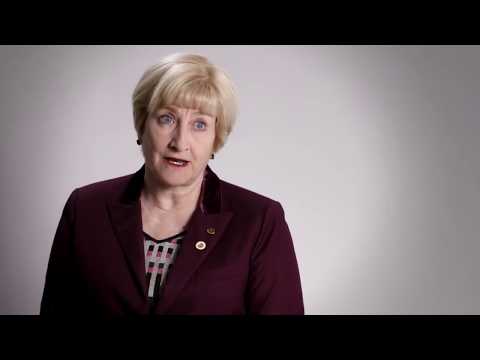Patients and Physicians Speak Out
Prior authorization burdens negatively impact patients and health care professionals around the country every day. Explore their stories and share your own experiences to make your voice heard on the need to #FixPriorAuth.
Featured Stories
Yes, just last year I needed knee surgery. The insurance made me go through 2 weeks of resting it then 3 weeks of physical therapy plus a fluid removal attempt. All this before I could even get an MRI that my ortho doc with 40 yrs experience knew I needed in the first place. After the MRI I had to wait 2 more weeks for approval. From start to finish I was laid up 4 months and even lost my job because I ran out of FMLA. Now I have a wrist injury and I am not going for treatment because I really like my new job and I am afraid to go through it all again.

I went almost two weeks without long-acting insulin and two days without even short-acting insulin waiting for prior authorizations. This landed me in the ER 3 times and sent me into a pancreatitis flare. And wasted about 3 hours of my doctor’s time to get insulin. This was not new either; I have been diabetic since I was a kid, so about 25 years. They also made me switch what kind I use, and that caused my sugar to be out of control for weeks, even after I finally got the insulin, while I determined my correct bolus dose of the new insulin.
Share Your Story
Have you ever gone to the pharmacy to fill a prescription only to be told that your insurance company requires approval before they'll cover your treatment?
Have you ever waited days, weeks or months for a test or medical procedure to be scheduled because you needed authorization from an insurer?
Are you a physician frustrated with the administrative headaches and their impact on your patients?
Have prior authorization delays caused you to take more sick days, be less productive at work or miss out on day-to-day life?
Share how prior authorization has impacted you, your loved ones or your patients to draw attention to the need for decision-makers to address this issue. Your voice can make an impact.
All Stories
Use the buttons below to explore how prior authorization impacts both health care professionals and patients throughout the country.
I work in health care, the prior authorization process is very cumbersome. Despite laws prohibiting cancellation or rescinding an auth, carriers do not adhere to these rules. Claims are denied many times in error. Trying to get a prior auth for an unlisted code is even worse.
I have a patient with a crush injury to his foot who waited 2 months for appropriate imaging studies and then SIX months for approval to operate. Tell me our system is the best. Please. I have many examples. Everyday.
We have patients who have paid insurance for years, need spine surgery for pain, and because they don't meet criteria they are denied.
I had a patient in her late forties who had been a smoker since her early teens. She came in with hemoptysis and shortness of breath. A chest x-ray revealed a single 2 cm nodule in her left upper lung field. I wanted to get a CT of the chest to better characterize this as it was most likely lung cancer. The response from the insurance company was she could not have a CT scan until she had first undergone six weeks of physical therapy. Yes, you read that right. Physical therapy. I told the idiot on the other end of the phone that if 6 weeks of physical therapy could cure lung cancer, we would have a miracle on our hands. It still took three more phone calls and faxing over office notes before I could get the CT scan approved. It took almost 2 weeks.
I have 6 full time and 1 part time staff to support 1 physician and 1 physician assistant. They spend so much time with PA's and insurance issues that we struggle to answer the phone when a patient calls. It leads to frustration on everyone's part. It's getting worse, please help!
It is not uncommon for patients to change pharmacy benefit managers when changing health plans or for health plans to change their pharmacy benefit manager. Physicians and patients get caught in the crossfire of endless forms and calls while waiting for meds, which they have successfully taken for years, are now questioned. It is very difficult to reconstruct a person's previous med history when we have changed to a new EMR and then find it hard to justify to the PBM why the person ended up on the regimen that is working for them. It is a waste of time and potentially dangerous. These requests involve FDA-approved drugs and often generic medications.